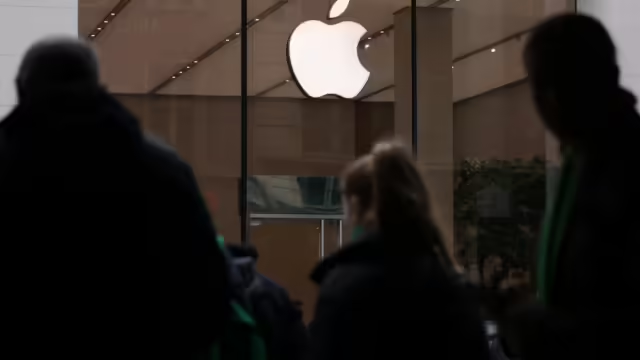
In an unprecedented move, Apple has revamped its policies for iOS music apps and other applications in the European Union, setting a new precedent for digital marketplaces and developer autonomy. This change, part of a broader adaptation to comply with the European Union’s Digital Markets Act (DMA), marks a significant shift in how consumers in the EU will interact with their favorite iOS applications, especially music apps.
The core of this development is Apple’s decision to allow apps to direct users to external websites for the purchase of digital goods and services. This flexibility means that companies like Spotify and Netflix can now bypass the traditional in-app purchase system, potentially avoiding the 30% commission Apple typically charges on transactions made within iOS apps. The implications for music apps are particularly notable, as this move could significantly alter the landscape of digital music subscriptions and purchases.
To facilitate these changes, Apple has introduced new entitlements and capabilities for developers, including the ability to use alternative payment service providers or link users directly to their websites for transactions. These entitlements are available for apps on EU storefronts running on iOS 17.4 and later versions. Developers will need to update their Xcode projects and provide specific metadata in their app’s Info.plist file to utilize these new options.
Moreover, the introduction of iOS 17.4 has ushered in additional features aimed at enhancing user engagement and providing developers with more tools to reach their audience. Notably, developers worldwide now have access to expanded analytics, offering insights into commerce, user engagement, and more, with the data still being anonymized.
This strategic shift also opens the door for alternative app marketplaces within the EU, allowing developers and companies to offer their apps outside of the Apple App Store. This could see brands like Epic Games, Xbox, and Meta creating their own iOS app marketplaces exclusively for their apps and games.
Furthermore, Apple’s new Web Distribution feature will enable developers to offer iOS apps for direct download from their websites, bypassing the App Store and any alternative app marketplace. This approach requires developers to meet specific eligibility criteria and agree to various responsibilities, including app notarization and user data protection.
Apple has introduced new business terms for EU apps, featuring a reduced commission rate, a payment processing fee option, and a Core Technology Fee for apps distributed outside the App Store or through alternative marketplaces. These changes are designed to make the fees developers owe to Apple more predictable and potentially lower than before (Apple).
The adjustments made by Apple in response to the DMA underscore a broader industry trend towards greater openness and flexibility in app distribution and payment processing. This pivot not only aligns with regulatory demands but also promises to enhance the competitive landscape, offering both developers and consumers more choices and control over their digital experiences.
The decision to allow external purchases and the introduction of alternative app marketplaces reflect a significant evolution in Apple’s approach to its ecosystem, potentially setting the stage for similar changes in other regions and sectors. As this new policy framework rolls out, it will be interesting to observe its impact on the digital economy, particularly in the music app domain, where the relationship between app developers, platforms, and users continues to evolve.










